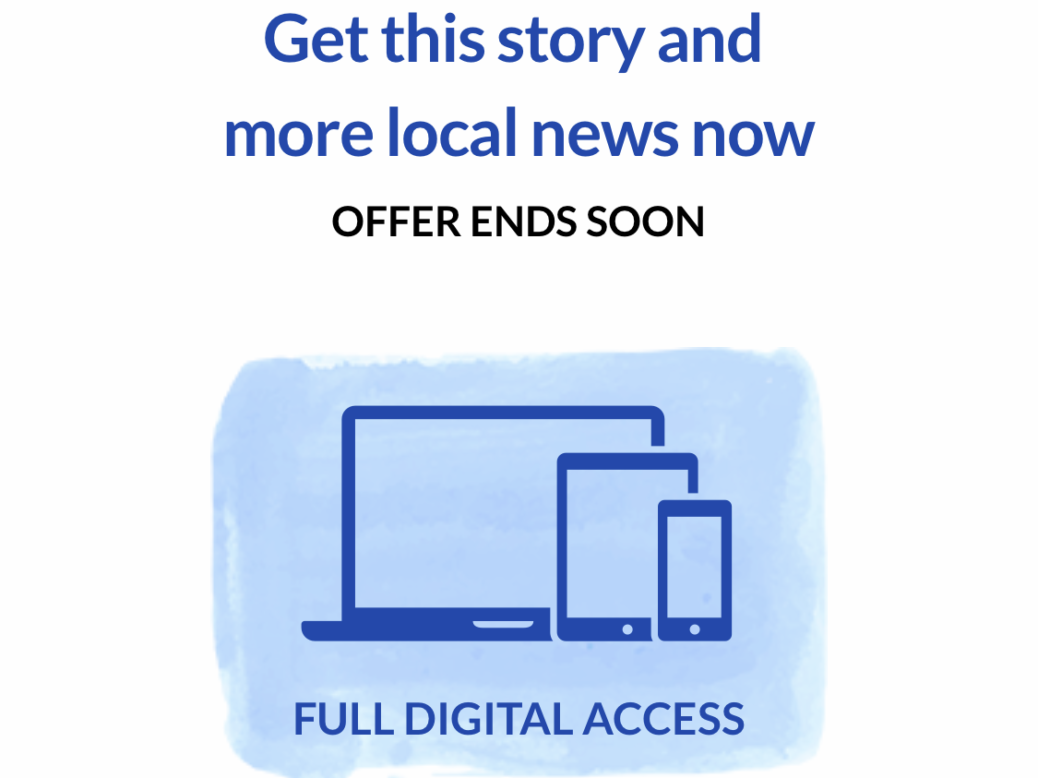
For many news publishers, Gen Z and younger millennials can seem like an elusive group. Having grown up in the internet age, social media tends to be their biggest source of news.
But a new report from the News Media Alliance, which represents publishers across the United States, has found that 33% of Americans aged between 21 and 29 could be willing to pay for local news.
The Key To Gen Z, which is based on a survey of more than 400 Americans aged between 21 and 29, investigates how publishers can turn 20-somethings into regular readers, and possibly paying readers.
Click here to subscribe to Press Gazette’s must-read newsletters, Future of Media and Future of Media US |
Consumers in their 20s, the NMA finds, want “credible news”. But they view print newspapers as archaic products.
The trade body proposes that publishers should position themselves as “online news outlets” to scoop up more young readers.
“This audience equates ‘newspaper’ with killing trees and grandma’s house,” the report said. “It’s the word ‘paper’ they dislike. Position yourself as an online news outlet that can meet their needs.”
The NMA explained that, for many Gen Zers and younger millennials, “it is their grandparents – not their parents – that they associate with reading the newspaper”.
Gen Z feels ‘unfairly criticized for being lazy or irresponsible’
The report also suggested that publishers should treat young readers’ interests – in particular their social concerns – seriously.
The NMA noted that “46 percent of Gen Z consumers said people in their generation are unfairly criticized for being lazy or irresponsible.
“If your barista insulted your intelligence and your work ethic every morning, you’d find a new barista.
“Instead of dismissing them when their passions or preferences seem unconventional, try to reframe them as a positive. They aren’t ‘killing paper napkins’; they’re ‘earth-conscious.’”
Some 54% of the 20-somethings surveyed listed social justice issues as an important issue to them. Climate change (50%), women’s rights (50%), healthcare reform (48%), and student debt (48%) were also important subjects.
Of those surveyed, 60% said they were likely to use a local news product - and 33% indicated they were likely to pay for it.
Almost half the respondents said a six-month free trial would probably get them to subscribe, and 30% that a recommendation from social media or a friend would clinch their interest.
Letting subscribers choose the coverage areas of interest to them boosted the value proposition in the eyes of 39% of respondents. A highly targeted “weekly Gen Z special edition” appealed to 20%.
[Read more: Why Sky News, unlike the BBC, is embracing TikTok and Snapchat]
Notably, the survey found that simply being online wasn’t enough to make publishers relevant to young readers.
One 27 year-old interview participant said of their major regional paper’s app: “It seems like a boring news outlet. It doesn’t interest me much... there was a lot on the page – story after story. It kind of jumbled my mind; it was just too much.”
The NMA proposed publishers invest in a visually interesting user experience. “Gen Z is used to a beautiful web experience and believes written news should be well supported with eye-catching images, video content and sophisticated graphic design.”
Report identifies credibility issues for local and national news
In other ways, however, the survey underlined that young consumers are looking for the same service that most news outlets already provide – albeit reported from a wider cast of demographics.
“This audience wants credible, unbiased, fact-based reporting,” the report said.
“Diversity of opinions (65 percent) adds to your credibility, as does presenting news in a straightforward, unemotional manner with multiple opinions (59 per cent) presented.
“This generation is also looking for news outlets to own [up] when they’ve made a mistake.
“Gen Z wants their news and commentary gathered and delivered by a diverse cast. Diverse races, ethnicities, nationalities, genders, ages, socioeconomic backgrounds, and life experiences collectively provide a more holistic, accurate view of the world.”
The report identified a credibility issue for publishers. Some 33% of survey respondents said they viewed local news outlets as credible, and this fell to 28% when it came to national news.
‘Gen Z tends to constantly snack on news’
Just over half of the respondents reported reading news every day, but their consumption patterns differed from those of a newspaper reader or bulletin watcher.
“Gen Z tends to constantly snack on news as they scroll through social media, opening notifications from news outlets and sharing articles with their friends.”
Some 80% of survey participants said social media is one of their main sources of news, while 58% said online search and browsing.
Of the respondents, 38% said they consume news through local TV, 31% through national TV, 27% through a national newspaper or website and 23% through a local newspaper or website.
The NMA recommended that publishers can better get themselves in front young audiences “by sharing regular notifications throughout the day. Take a multi-pronged approach that combines email, text, social and push notifications.”
Survey participants were all university educated, single, employed full-time, and earning between $25,000 (£18,500) and $100,000 (£74,000). For the quantitative portion, surveyors Springboard Market Research conducted their study with 212 respondents aged 21 to 24 and 212 aged 25 to 29. The qualitative findings were based on 20 hour-long phone interviews with participants in different media markets.
[Read more: A guide to TikTok for publishers (featuring 'Washington Post TikTok guy')]
Email pged@pressgazette.co.uk to point out mistakes, provide story tips or send in a letter for publication on our "Letters Page" blog
